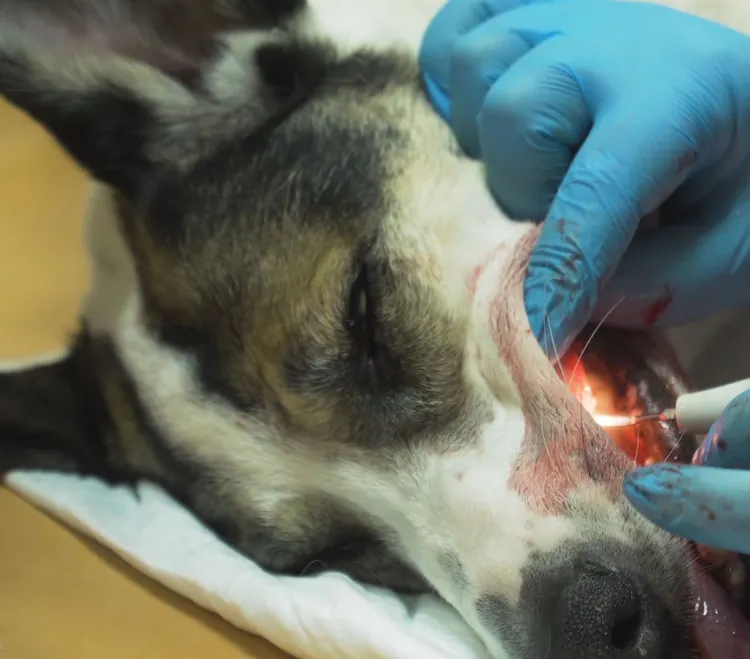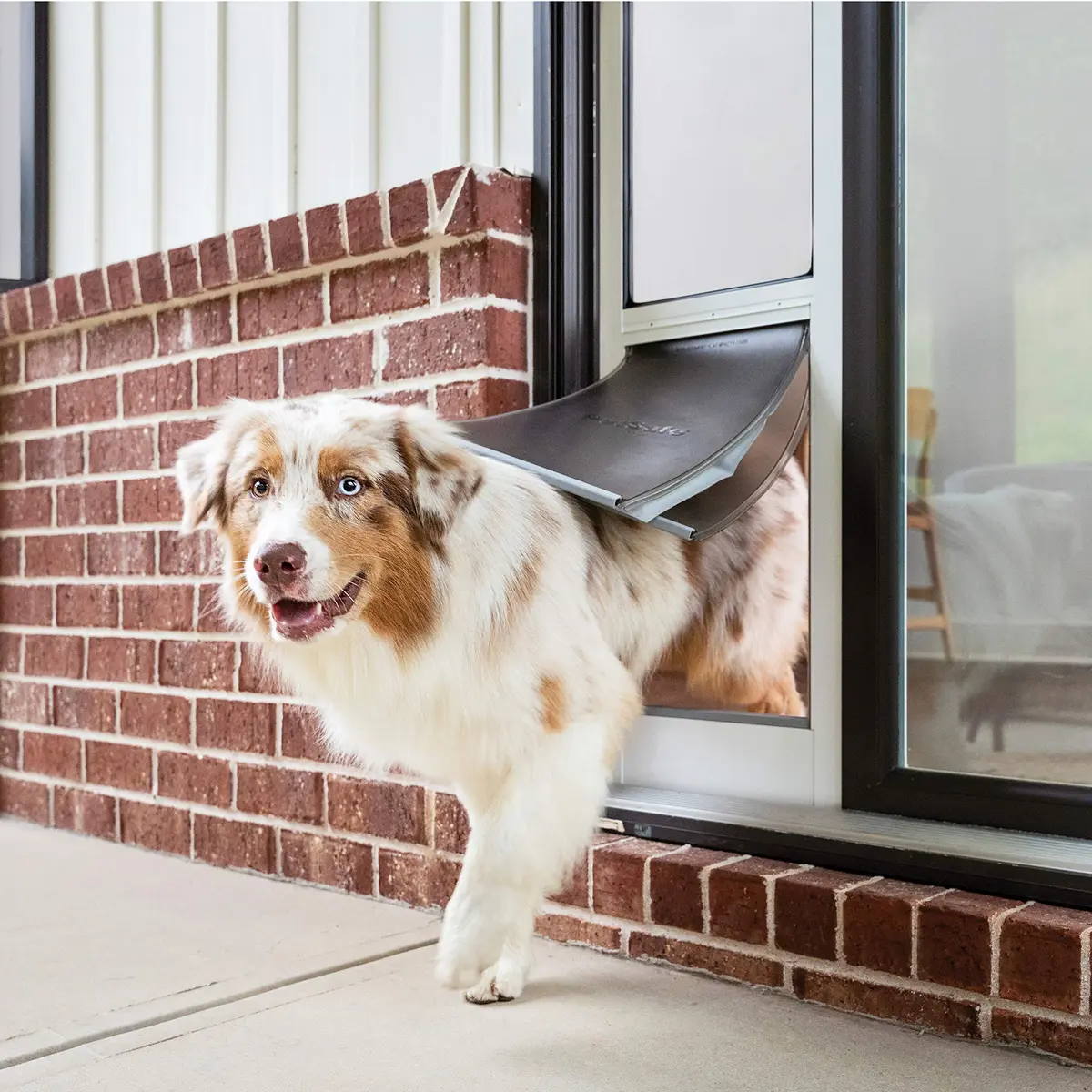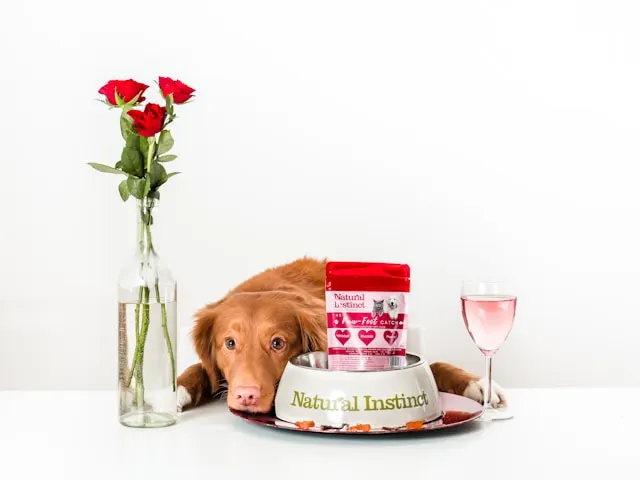“Ever wondered how much it really costs to get your dog’s tooth pulled? Dental problems can sneak up on our pets, and what starts as a simple toothache might leave you facing a hefty vet bill if not treated promptly.”
Dental health is just as important for dogs as it is for humans. However, veterinary dental care can sometimes be overlooked, which may lead to severe dental problems down the line, such as gum disease, tooth decay, and eventually tooth extractions. While tooth extraction is a common procedure in veterinary practices, the cost can vary widely based on several factors. In this guide, we’ll break down what you can expect in terms of costs, what influences these prices, and how to prevent dental issues for your dog using eco-friendly practices and products.
What Affects the Cost of Dog Tooth Extraction?
Several factors influence how much you might have to pay for your dog’s tooth extraction. Understanding these variables can help you prepare financially and even reduce the overall cost with preventive care.
1. Severity of the Dental Issue
The complexity of the dental issue plays a significant role in determining the cost. Simple extractions, like pulling a loose tooth, are generally more affordable. However, complicated extractions, such as fractured or impacted teeth, require more expertise and time.
- Routine extraction costs: Removing a decayed or infected tooth that is already loose typically falls on the lower end of the pricing spectrum.
- Complex extraction costs: If the tooth is impacted or fractured, it may require surgical removal, which can be far more expensive.
Average Costs:
- Simple extractions: $300 – $800
- Complex or surgical extractions: $800 – $1,500+
2. Location and Clinic Type
Where you live and the type of clinic you visit can significantly influence the cost of a dog tooth extraction.
- General practice clinics: These tend to offer more affordable rates than specialist clinics. If your dog’s case is straightforward, your local vet can likely perform the extraction for a lower cost.
- Specialist practices: For more severe cases or complex surgeries, you may need to consult a veterinary dentist, whose fees are typically higher. This is particularly true in urban areas where prices are often inflated due to higher operational costs.
Example: In rural areas, a simple extraction may cost $300-$500, whereas in metropolitan cities or specialist clinics, you could be looking at $600-$800 or more.
3. Anesthesia Fees
Anesthesia is required for most tooth extractions, especially for anxious dogs or those with complex dental issues. The type of anesthesia (local or general) and the duration of the procedure will impact the total cost.
- General anesthesia: More expensive, but necessary for full extractions, especially in cases involving surgery or multiple teeth.
- Local anesthesia: Less costly, typically used for simpler procedures.
Average Costs for Anesthesia:
- General anesthesia: $100 – $500
- Local anesthesia: $50 – $200
4. Pre- and Post-Procedure Care
Additional services related to the extraction can also add to the total cost.
- Bloodwork: Pre-anesthetic blood tests are often recommended to ensure your dog is healthy enough to undergo anesthesia.
- Medications: Antibiotics and pain relief medications are often prescribed post-procedure to prevent infections and manage pain.
- Follow-up visits: Depending on the complexity of the extraction, you may need follow-up visits to ensure the healing process is going smoothly.
Additional Costs:
- Bloodwork: $50 – $100
- Medications: $30 – $100
- Follow-up care: $50 – $150
Typical Cost Range for Dog Tooth Extractions
Considering all these factors, here’s a rough breakdown of what you can expect to pay:
- Routine extractions (e.g., a loose or decayed tooth): $300 – $800
- Complicated extractions (e.g., impacted, fractured, or surgical extractions): $800 – $1,500+
- Full dental cleaning and extractions: In some cases, a full dental cleaning may be necessary before extractions, which can increase costs by an additional $300 – $700.
Ways to Reduce the Risk of Tooth Extractions
Preventive care is key to avoiding costly dental procedures like extractions. With a consistent dental hygiene routine, you can reduce the likelihood of severe dental issues and save money in the long run.
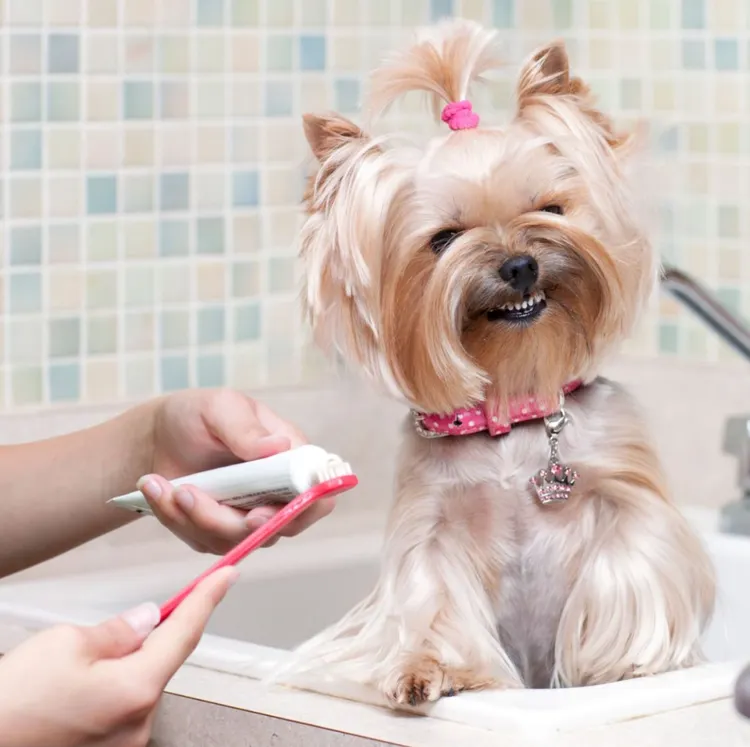
1. Brush Your Dog’s Teeth Regularly
Brushing your dog’s teeth a few times a week can help reduce plaque and tartar buildup, which are the leading causes of tooth decay and gum disease. Use a natural, eco-friendly toothpaste designed specifically for dogs to avoid harmful chemicals.
Eco-Friendly Product Suggestions:
- Natural Dog Toothpaste: Look for products made from organic, sustainably sourced ingredients. Many natural dog toothpastes contain enzymes that help break down plaque.
2. Offer Dental Chews
Dental chews are a fun and effective way to keep your dog’s teeth clean between brushings. When choosing chews, opt for products that are biodegradable, free from harmful chemicals, and safe for both your pet and the environment.
Eco-Friendly Product Suggestions:
- Biodegradable Dental Chews: Some brands offer chews made from natural ingredients and packaged in eco-friendly materials.
3. Schedule Routine Vet Check-Ups
Regular dental check-ups can help catch issues early before they require extraction. Many veterinarians recommend annual or bi-annual dental exams to monitor your dog’s oral health and perform cleanings as needed.
4. Diet Matters
Avoid feeding your dog sugary treats or foods high in carbohydrates, which can contribute to tooth decay. Opt for high-quality, natural dog food that supports dental health.
Pro Tip: Crunchy kibble can help scrape away plaque, but make sure to select food free of artificial additives.
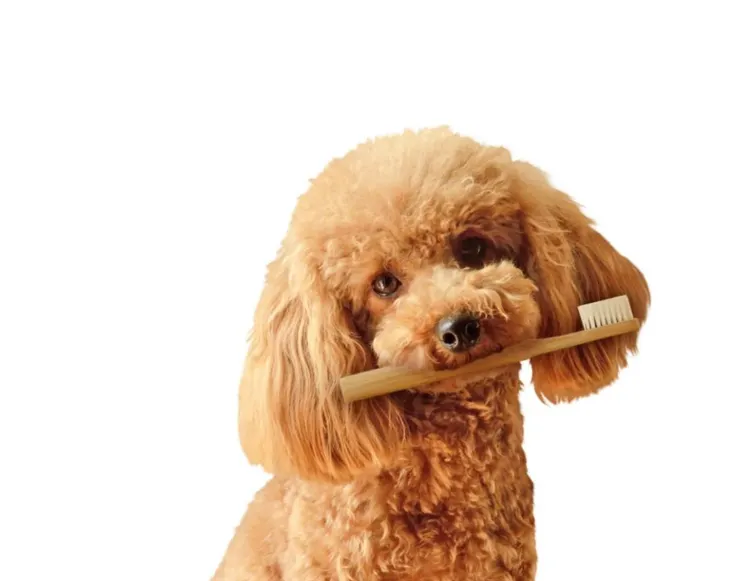
Eco-Friendly Dental Products to Try
In addition to brushing and regular vet visits, you can incorporate eco-friendly dental products into your dog’s routine for better oral hygiene and a reduced environmental impact.
1. Natural Dog Toothpaste
Look for brands that use natural enzymes and organic ingredients to break down plaque. These toothpastes are gentle on your dog’s gums and contain no harmful chemicals.
2. Bamboo Toothbrushes
Bamboo is a sustainable alternative to plastic, and bamboo toothbrushes are just as effective at cleaning your dog’s teeth. These brushes are biodegradable, making them a great eco-friendly option.
3. Compostable Dental Wipes
For quick clean-ups on the go, compostable dental wipes are a convenient and environmentally friendly way to maintain your dog’s oral hygiene.
Conclusion
Tooth extractions can be a costly procedure, with prices ranging from $300 for a simple extraction to over $1,500 for complicated surgeries. However, by taking preventive steps, such as regular brushing, offering dental chews, and scheduling routine vet check-ups, you can help reduce the risk of your dog needing an extraction in the first place.
Investing in your dog’s dental health not only saves you money in the long run but also ensures that your pet stays happy and pain-free. By choosing eco-friendly products, such as natural toothpaste, bamboo toothbrushes, and biodegradable chews, you can protect both your dog’s health and the environment at the same time.

